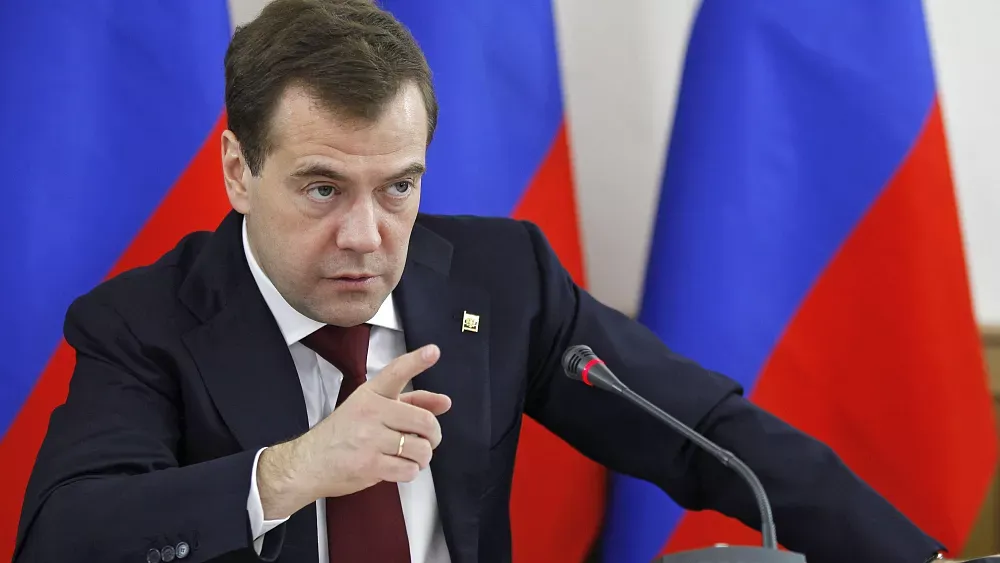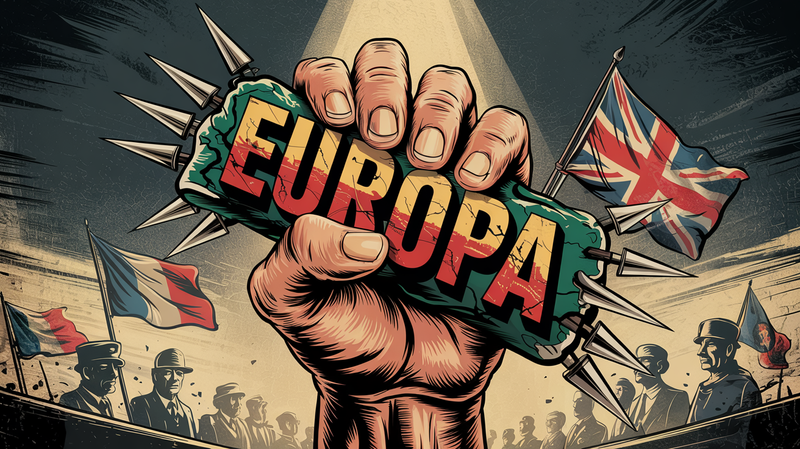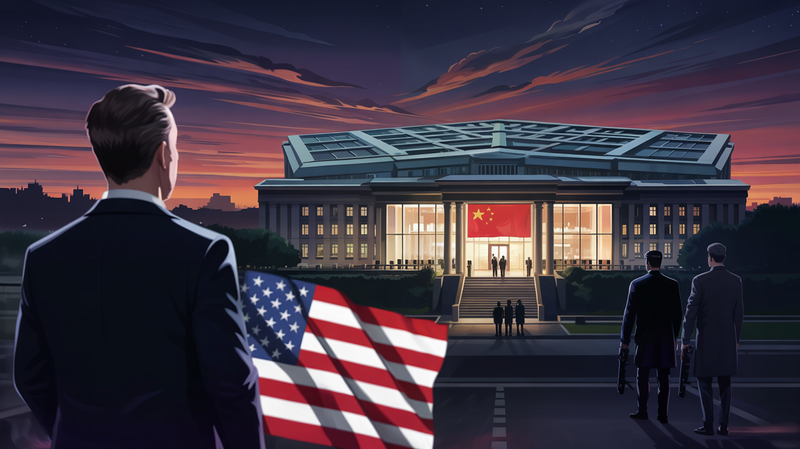Controversial Statements from Dmitri Medvedev Heighten Tensions with NATO
In a recent public statement, Russia's Dmitry Medvedev has sparked controversy by sharply criticizing NATO leaders, particularly those from the United Kingdom and Germany, suggesting their actions and proposals are pushing towards a major international conflict. Dmitry Medvedev, the Deputy Chairman of the Security Council of the Russian

In a recent public statement, Russia's Dmitry Medvedev has sparked controversy by sharply criticizing NATO leaders, particularly those from the United Kingdom and Germany, suggesting their actions and proposals are pushing towards a major international conflict.
Dmitry Medvedev, the Deputy Chairman of the Security Council of the Russian Federation, made stern remarks about NATO leaders, particularly targeting the British Defence Minister and the head of the Defense Committee of the Federal Republic of Germany. Medvedev's commentary is reflective of the heightened tensions and ongoing disagreements between NATO countries and Russia.
Medvedev labeled the leaders of NATO countries as "idiots," expressing his discontent over the decision by the British defense minister to move British training courses for Ukrainian soldiers to Ukraine, potentially making them targets for the Russian Armed Forces. He accused them of pushing the global powers towards "World War III."
Additionally, he commented on the German Defense Committee head's proposal to supply Ukraine with Taurus missiles, to potentially strike at Russia. Medvedev warned that if such actions are pursued in accordance with international law, retaliatory strikes on German factories producing the missiles would also be justified.
While Medvedev's words are undoubtedly severe and contentious, they reveal the intense strain and ongoing disputes between NATO members and Russia. The international community is likely to closely monitor any further developments and statements, assessing their potential impact on international peace and security.
It is crucial for both NATO countries and Russia to maintain open lines of communication and engage in constructive dialogue to mitigate risks and avoid any unforeseen escalations. The international community remains hopeful that diplomatic solutions can be found to alleviate the growing tensions and to ensure global stability and peace.
Dmitri Medvedev’s provocative statements underscore the escalating tensions between Russia and NATO countries. His remarks, targeting specific leaders and decisions, reflect the significant disagreements and the potential risks they pose to international relations and peace. Ongoing diplomatic efforts and dialogue remain vital in navigating these complex situations, fostering understanding, and preventing any further escalation of conflicts.
This article retains a neutral tone, provides background, offers a summary of the statements, and concludes with a broader perspective on international relations, adhering to journalistic standards.




